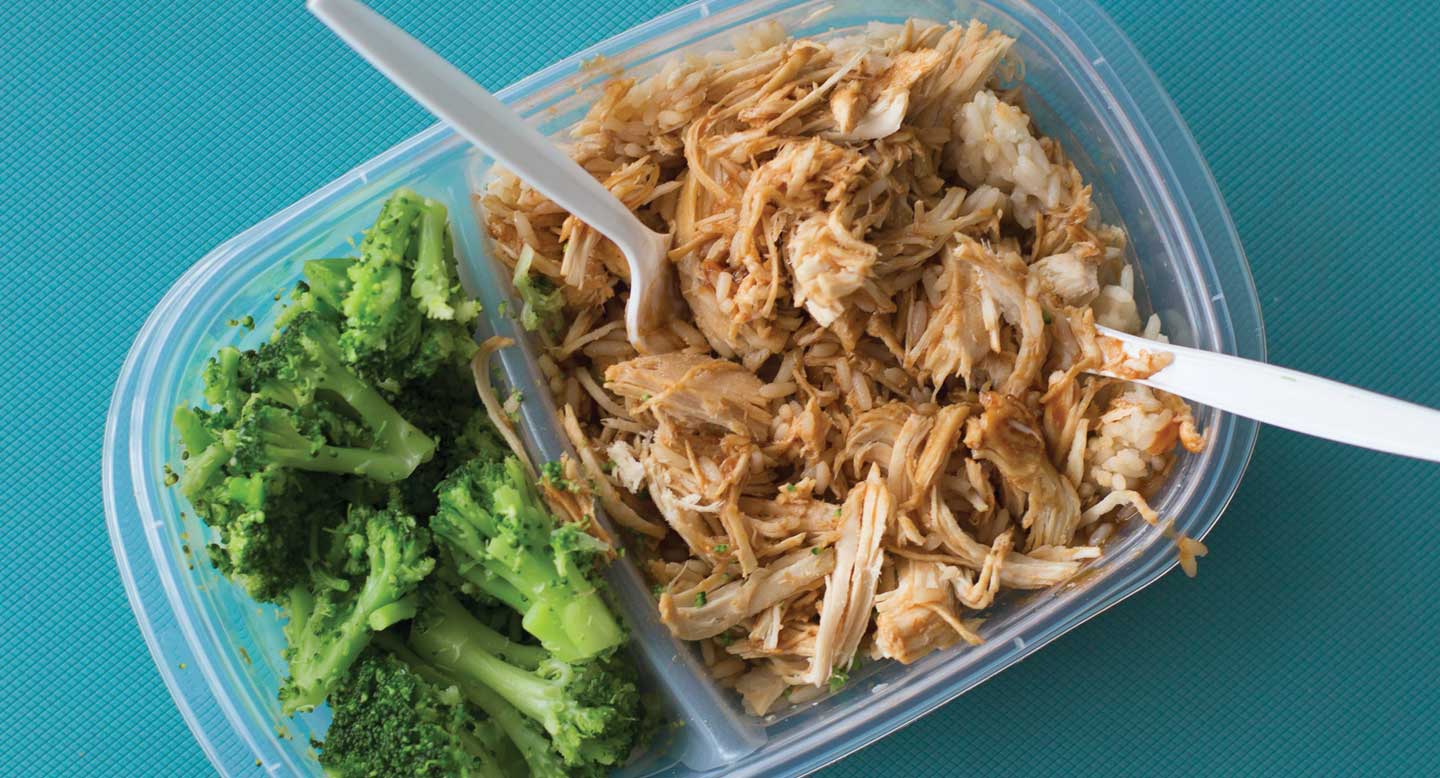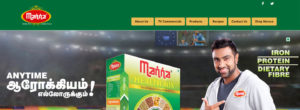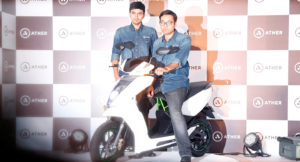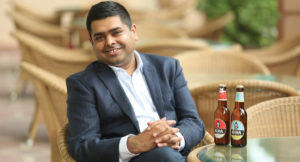Backed by Flipkart’s Binny Bansal, MakeMyTrip’s Sachin Bhatia and other notable angel investors, Yumlane makes ready-to-eat healthy food that consumers can pick on the go from retail outlets around the country.
When the news about Flipkart’s Binny Bansal investing in Yumlane popped on my Alerts, I thought, yet another food startup? Incidentally, that became my first question to Hitesh Ahuja, Yumlane’s founder, during the interview. “When you are a creator, rather than a me-too brand, it does take time to put your positioning across to stakeholders,” he said, in response, while continuing to explain the Yumlane model.
In a seven lakh crore general food market in India, you can see three business dimensions; one, the quick service restaurants such as McDonalds, which forayed into the country with significant investment backing, process, prophecies and menu; two, the food tech startups which have emerged in the recent past, and three; the packaged food brands such as MTR and ITC. “We clearly mapped these segments, and realised despite their existence, when a consumer wants to pick up food or snacks, at an affordable price, on the go, there are no healthy options available. Invariably, they resort to street food which may not be hygienic or healthy,” he cites.
Yumlane, Ahuja claims, was positioned to tackle this very gap. In other words, Yumlane manufactures ready-to-eat snack items such as Pizza or Momos and stocks them in retail outlets across Mumbai. When a customer purchases it, he can either heat it and consume it immediately, or keep it packaged and consume it any time within five days or six months. “The important thing to note is, once the lid is opened, it has to be consumed immediately. If not, it can remain edible for a longer period,” he clarifies.
Currently priced at Rs. 50 to Rs. 80, Yumlane has partnerships with 40 retail outlets in Mumbai, and plans to increase its retail penetration to 1,000 by end of financial year and further saturate this market before looking at geographical expansions. “Today, in India, there are 90 lakh retail points, and FMCG giants in the last 25 years, have reached close to 50 lakh outlets. We are just getting started, and we see a good growth potential here,” cites Ahuja.
There are three stages to any company; proofing, building and scaling. We are in the building phase, and will begin scaling soon.
Where the experience Is…
Ahuja is no apprentice to the food sector, having earlier founded FoodIndex, a QSR brand and worked prior to that as an EVP for IHMPL (which operates the Lebaneese QSR Maroosh). Hence, tackling supply chain and logistics, a key component in the ready-to-eat segment, was not as challenging for him and his team. “We conducted studies with respect to how big MNCs and QSRs manage their food supply, safety standards, quality and hygiene. And, we now work with some of their distributors who come with more than a decade of experience in this domain,” he explains.
Rather, a primary challenge he faced was in making his stakeholders; customers, investors, retail partners and others, understand the positioning of Yumlane. “A new concept always takes time to seed into people’s minds,” he adds. While referrals helped bring the early business for the brand, it had to later adopt a combination of hyperlocal and BTL (below the line) activities, to communicate its products and positioning to its stakeholders.
In fact, to enhance brand building, in August 2016, Yumlane raised an undisclosed seed round from Flipkart’s Binny Bansal, People Group’s Anupam Mittal, Katalyzer Fund’s Harish Bahl, MakeMyTrip’s Sachin Bhatia and New Silk Route’s Darius Pandole.
Into The Future
Yumlane currently works with a team of 10 in Mumbai, and Ahuja has plans of hiring a few more in the coming months. Ask him about his hiring strategy and pat comes the reply, “There’s no hard and fast rule to hiring. The goal is to communicate clearly to the team and to prospective employees, our vision and what we are trying to build.” Ahuja believes, if a company sets realistic goals, the employees too will be motivated to achieve them.
Eleven months since inception, Ahuja cites that there is a general shift in consumers moving away from street food and unhealthy snacks to adopting Yumlane’s products. That being said, he is in no hurry to scale, and prefers to take a steady growth approach. “There are three stages to any company; proofing, building and scaling. We are in the building phase, and will begin scaling soon,” he says on a concluding note.
Snapshot: Yumlane
Year: 2015
Founders: Hitesh Ahuja, Anupam Mittal, Rahul Kumar
Concept: Ready-to-eat food business
Investors: Flipkart’s Binny Bansal, People Group’s Anupam Mittal, Katalyzer Fund’s Harish Bahl, MakeMyTrip’s Sachin Bhatia and New Silk Route’s Darius Pandole.
Presence: Mumbai
Retail Coverage: 40 Outlets
The Binny Bansal Pitch
A sneak peek into the core elevator pitch given to Binny Bansal
Although FMCG in India is a US $40 billion industry, no great disruption has happened except for brands like Patanjali. Ironically, FMCG impacts consumer lives more than any other sector; meaning consumers literally use FMCG products day in and day out. Our goal is to be that disruptor and we want to begin the journey by developing products under Yumlane and distribute and market them through consumer retail points. This will work, because food in India has always been looked at very traditionally (from a business model point of view). Yumlane could be the game changer.





